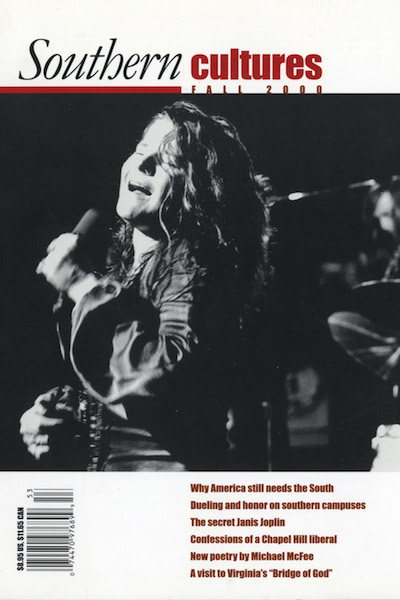University of North Carolina Press, 1998
Every so often an essentially synthetic work appears that is more than a synthesis. Exchanging Our Country Marks by Michael A. Gomez is such a book. Although it relies heavily on secondary sources reinforced by extensive research in runaway slave advertisements in southern newspapers and WPA interviews from the 1930s, Exchanging Our Country Marks is a conceptual tour de force. No brief review can do justice to the nuances and complexities of Gomez’s argument. His essential concern is with the “self-view,” or self-perception of the African in Africa and in North America in the period before 1830. Ethnicity, he maintains, was the source of cohesion and division in the African American community that developed in North America—and ethnicity derived from and informed by African antecedents. Gomez covers the complex and problematic process through which Africans and their descendants moved from ethnicity to race and within race to class.


